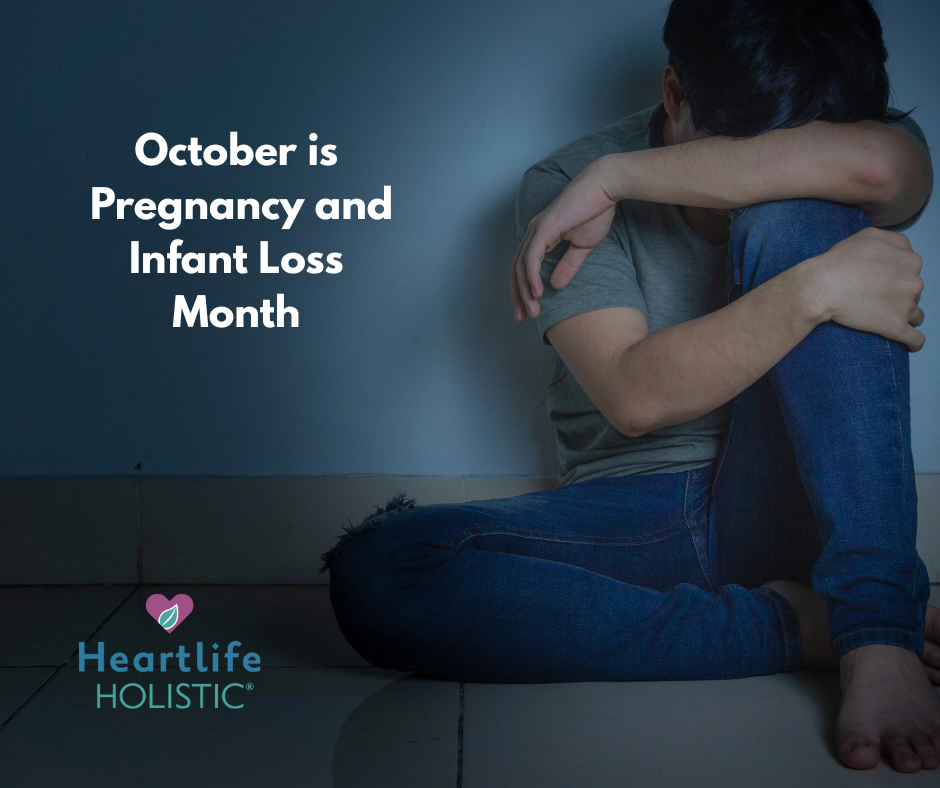Postpartum Depression & Marital Challenges
- Kathy Morelli

- Mar 10, 2021
- 3 min read
Updated: Feb 18, 2022

You might be wondering, “Why is my doctor singling ME out? Am I really experiencing postpartum depression? But I am a good mom, this couldn’t be happening to me. I DO love my baby. I couldn’t possibly have postpartum depression. That’s not me. I am a capable person, with lost of love in my heart. I mean, don’t all women experience feelings of sadness, fatigue, anger, and anxiety after giving birth? After all, there is now so much more work to do, I am not getting much sleep, and I am totally responsible for my baby’s safety, a very important job…that would make anyone feel overwhelmed and tired! But I do feel pretty alone a lot.”
It can be difficult to recognize postpartum depression as it is sort of an imposter. It's more intense feelings are on a continuum of feelings that women normally experience after giving birth. Having a baby is naturally a time of emotional highs and lows. There is much research showing that about 85% of women who give birth experience feelings of sadness, fatigue, overwhelm, weepiness, anxiety, irritability and possibly some fleeting scary thoughts during the first two to three weeks postpartum. There is so much evidence to support this type of emotionality two or three weeks postpartum that it has a name, the “baby blues.” The baby blues is considered a normal part of the human emotional experience, and will fade as the mother’s body, mind and spirit adjust to parenting.
When these feelings continue beyond two, three, four weeks after your baby’s birth, it may be a sign that you are experiencing postpartum depression. The symptoms of postpartum depression can include sadness, weepiness, anxiety, irritability, fatigue, compulsive behaviors and obsessional thinking about the baby’s safety and possibly some scary thoughts about harm to self and others. Your relationship with your partner may suffer, as existing problems become exacerbated. But these intense feelings are symptoms, they are “normal” for someone who is experiencing postpartum depression, just as feelings of fatigue, irritability, extreme hunger and thirst are symptomatic and “normal” for someone experiencing untreated diabetes.
What is deceptive about the feelings of postpartum depression is that they can appear much the same as the baby blues, but are actually more long-lasting and severe. The woman experiencing postpartum depression deserves treatment, which can help her feel better. A treatment plan consists of being evaluated for medication, talk therapy, discussing non-pharmacological treatments for postpartum depression, getting practical help on a short-term, setting up long-term goals, and, if in a committed relationship, paying attention to improving communication.
Sometimes a woman is opposed to taking medication because of concerns about the side effects for herself and her baby. There is more and more research regarding the side-effects of specific medications and its benefits. So, an informed decision is possible, weighing the cost-benefits of a particular medication in an individualized case.
Talk therapy with the postpartum woman might usually include discussion about short-term adjustments to parenting but also introducing a focus on the longer-term strengthening and development of her maternal identity. Developing communication skills with her partner might also involve discussion about short-term adjustments to the household schedule and chores and also longer-term dialogs about conflict management, perpetual issues and acceptance of each other’s differences and individual strengths and challenges.
References:
Gottman, J. & J. S. (2000-2010). Gottman method® couples therapy. Seattle, Washington: The Gottman Institute.
Kendall-Tackett, K. (2008). Non-pharmacologic treatments for depression in new mothers. Armarillo, Tx: Hale Publishing.
Kleiman, K. (2009). Therapy and the postpartum woman. New York: Routledge Press.
Mencken, A. (2008). A psychodynamic approach to treatment for postpartum depression. In Stone, S. D. & Mencken, A. (Eds.), Perinatal and postpartum mood disorders (309-319). New York: Springer Publishing Company.



Comments